THE MAGAZINE
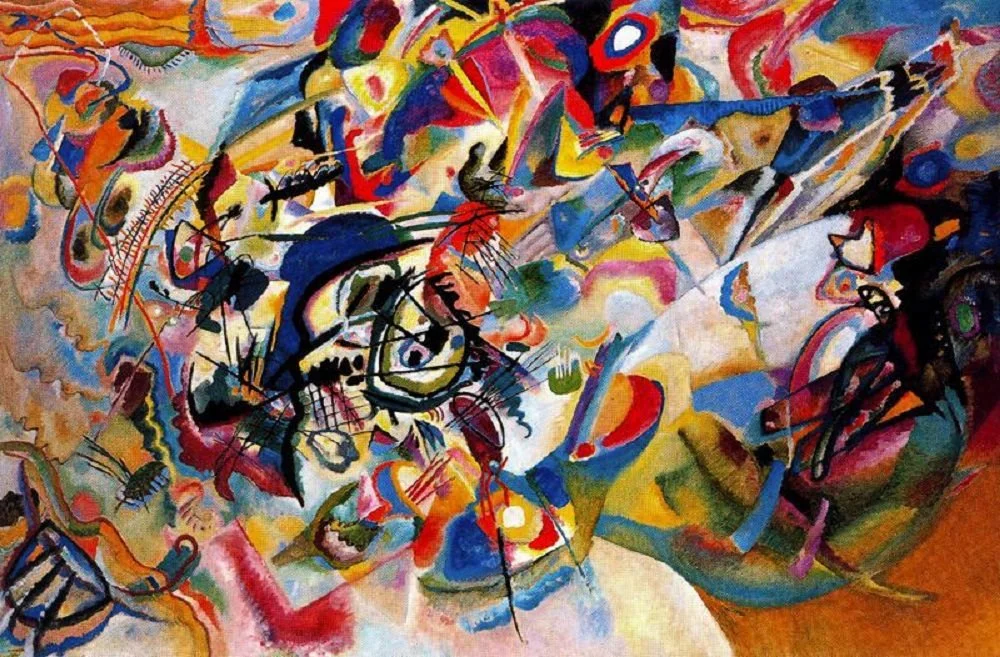
What is Music?
Is music simply organised sound—or something more elusive? From John Cage to Christopher Small’s idea of “musicking,” we explore why the boundary between music and noise is less objective than we might hope. Read on for more.

Singing for Peace in Jerusalem?
What happens when singing meets dialogue? Inside a Jerusalem youth choir where Israeli and Palestinian teens rehearse together, share their stories, and learn to stay in the room—especially when it’s hardest. Read on for more.
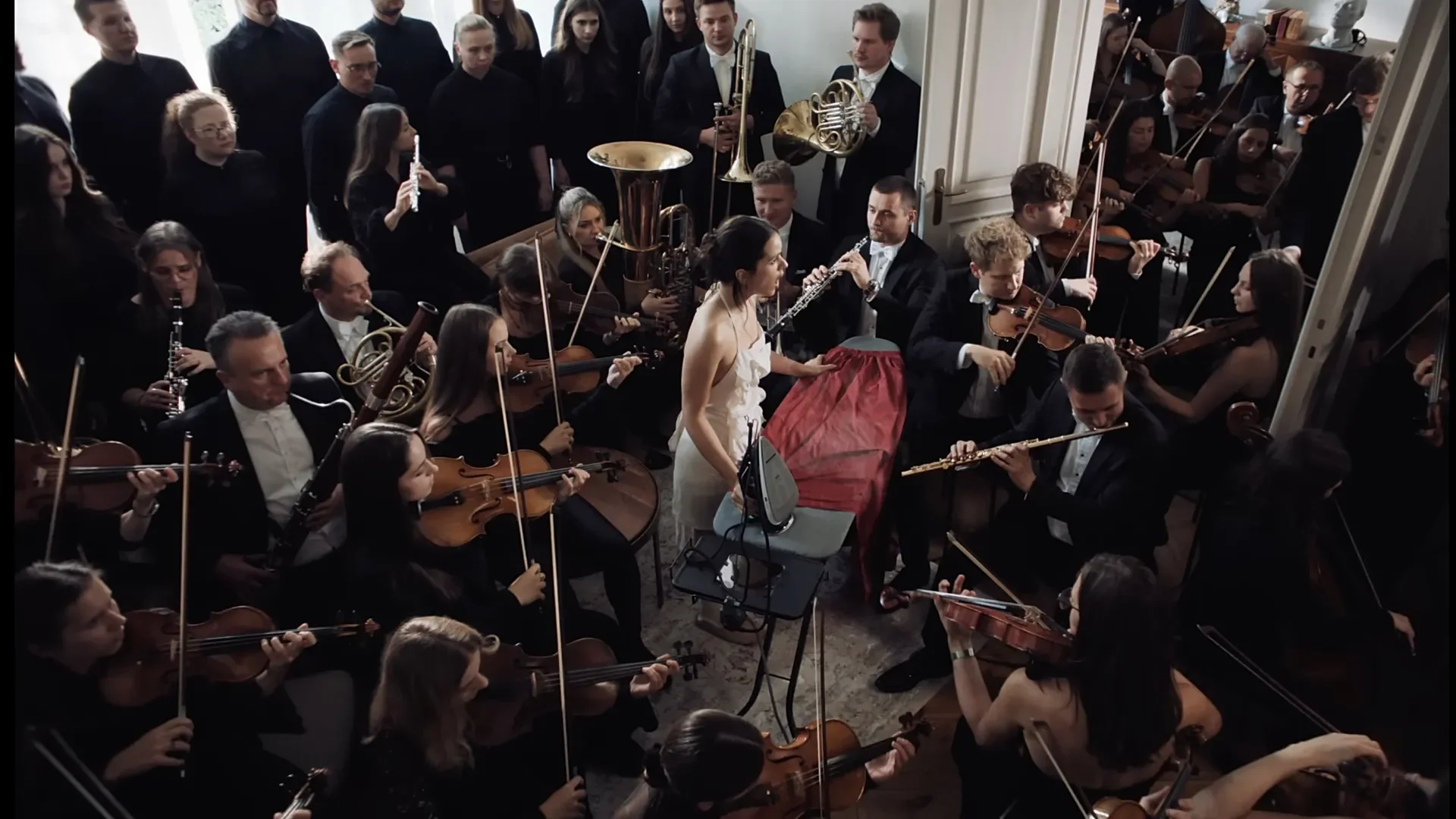
The Orchestra Does A Mic Drop: Examining Classical Pop
What happens when pop opens its doors to the orchestra? From ROSALÍA’s baroque-inflected “Berghain” to the symphonic experiments of Laufey and Cody Fry, classical pop is dissolving genre boundaries—and inviting new listeners in.
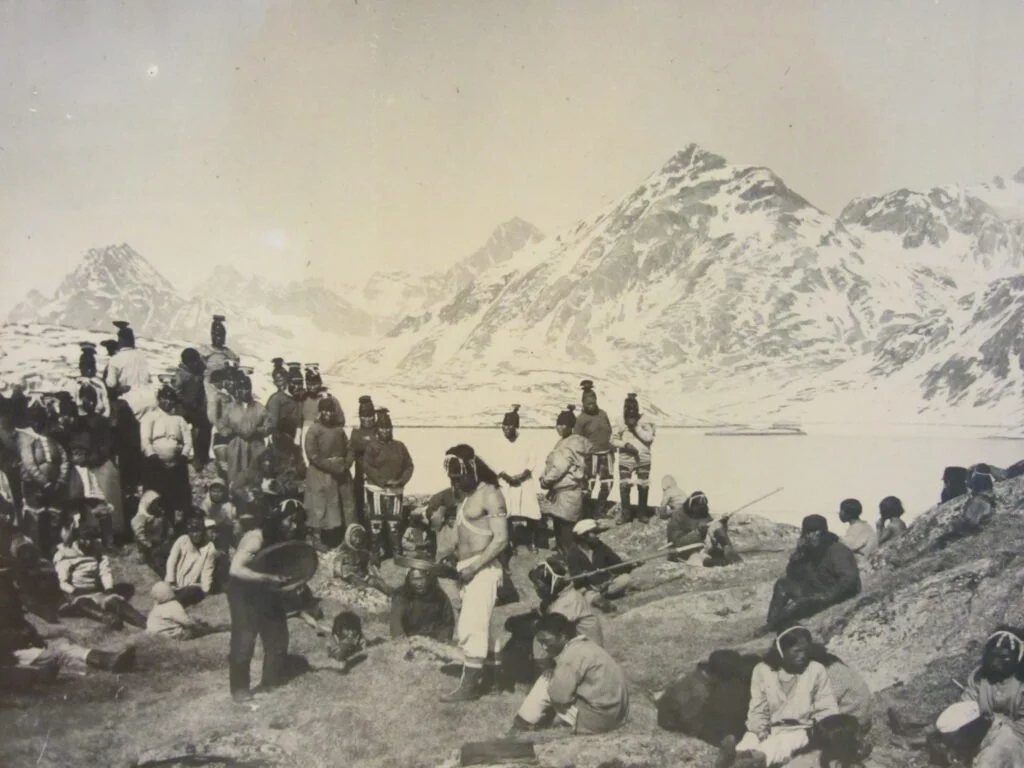
Conflict Resolution, Greenland Style
As geopolitical tensions once again draw global attention to Greenland, its cultural history offers a revealing counterpoint. For over four millennia, Greenlandic Inuit communities have used drum song and dance not only for ritual and social life, but also as a structured, non-violent way to resolve disputes. In a drum duel, restraint—not aggression—determined the outcome, leaving judgment to the community rather than to force.
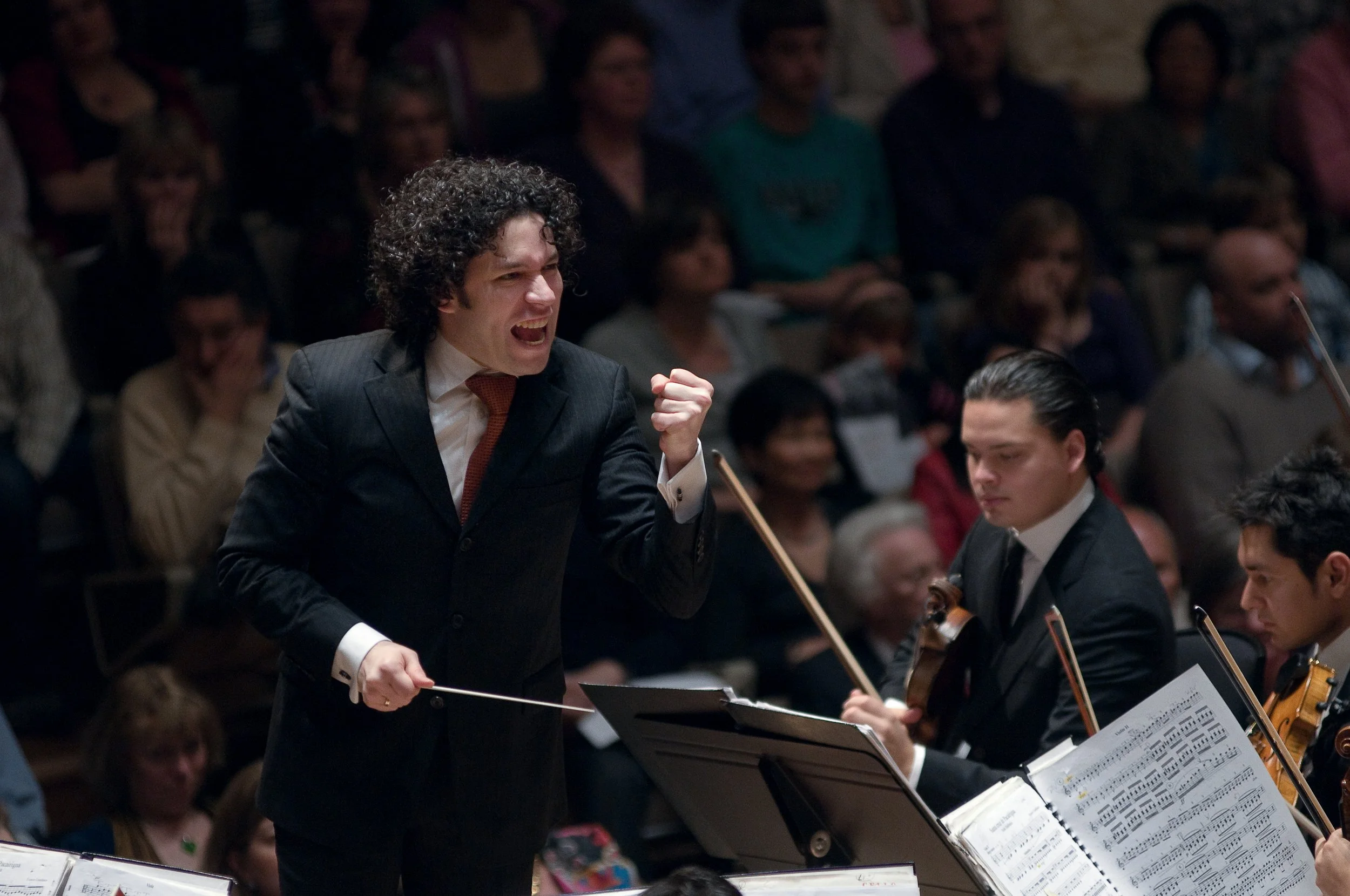
Maestro Dudamel: A Venezuelan Saga
From Venezuela’s El Sistema to the podiums of the world’s leading orchestras, Gustavo Dudamel’s career has unfolded alongside profound political change. As he prepares to take on the leadership of the New York Philharmonic, questions about art, power, and responsibility follow close behind. This article traces Dudamel’s rise while examining the uneasy space where music, state influence, and public expectation meet.
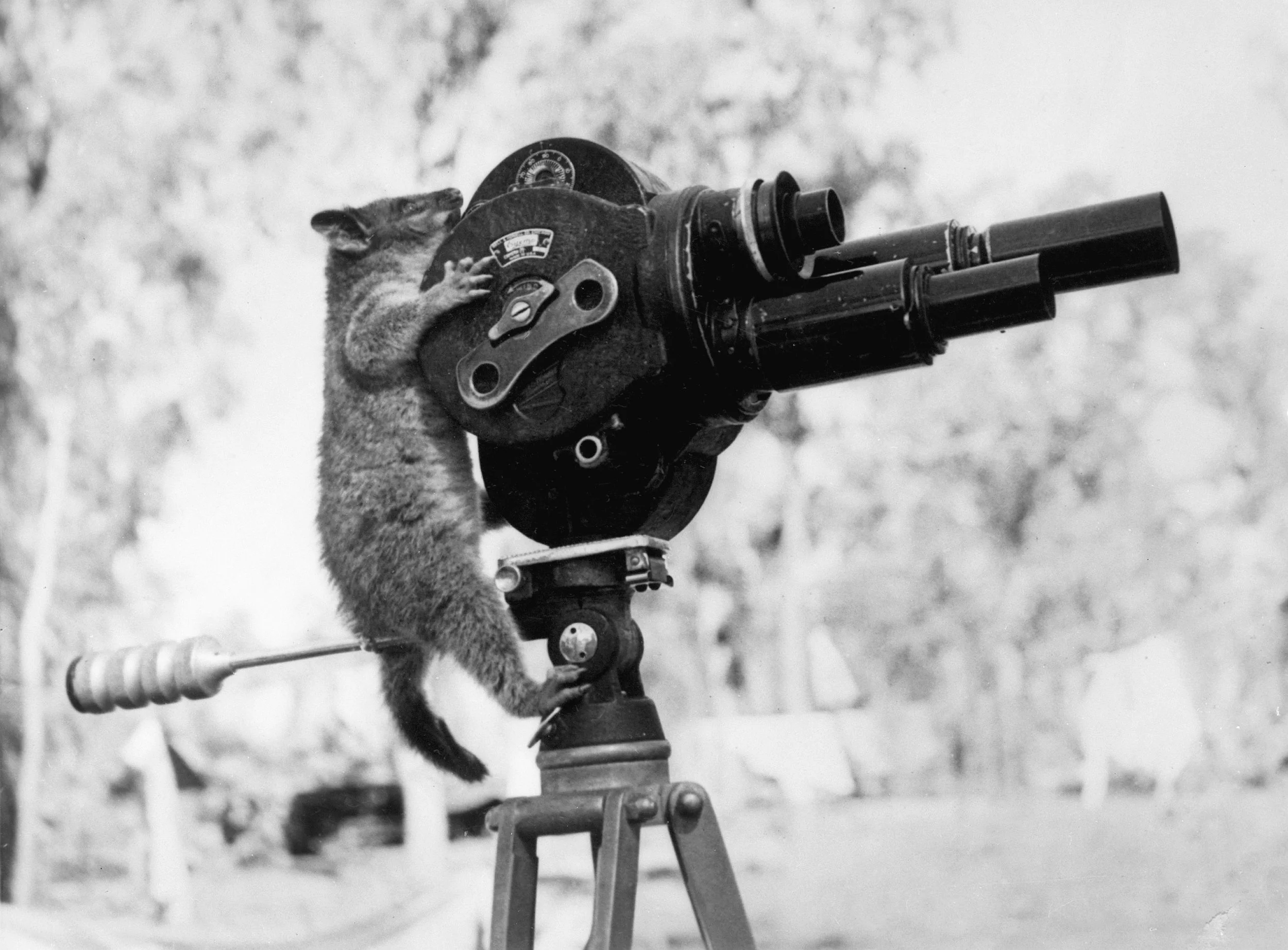
Piano Department Film Night
When orchestral projects took over music school, pianists were left with unexpected free time—and an unusual solution. Enter the Piano Department Film Night: documentaries, lectures, and YouTube deep dives watched on an ancient projector. From Cziffra to Glenn Gould to Juilliard practice rooms, this is a pianist’s guide to what’s worth watching.
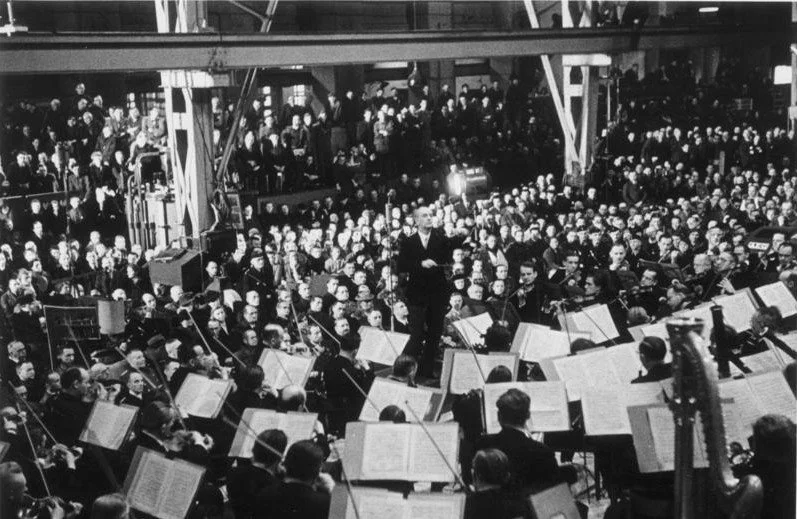
Ode to Manipulation
Beethoven’s symphonies are often described as profound, moving, and universal—but history complicates that reverence. From Nazi Germany to Stalinist Russia to modern political institutions, his music has repeatedly been co-opted to serve conflicting ideologies. This article asks whether the feeling of being “moved” is as innocent as it seems, or whether its very emptiness makes it dangerously adaptable.

Stravinsky’s Score for “The Rite of Spring” Didn’t Cause a Riot
The myth insists that Stravinsky’s score ignited a riot in 1913—but the truth is far more layered. TWoA revisits the premiere of The Rite of Spring, tracing how Nijinsky’s “anti-ballet” choreography, shaky orchestral execution, and a restless Parisian audience collided to create one of modernism’s great origin stories. A deeper look at the night that changed music history, just not in the way we’re told.

‘West Meets East’… ? Shankar, Menuhin, and Indian Classical Music in the West
In 1967, Ravi Shankar and Yehudi Menuhin created West Meets East, a groundbreaking collaboration that brought Indian classical music into Western mainstream consciousness. But beneath its Grammy-winning success lie deeper questions of influence, appropriation, and cultural power. TWoA explores the friendship between the two virtuosos, the shifting Western fascination with Indian music, and what true cross-cultural learning demands.

In League With the Devil? Violin Virtuoso Niccolò Paganini
Violin virtuoso Niccolò Paganini was both revered and reviled for his devilishly challenging compositions. But behind the myth of the demonic genius lay a man grappling with addiction and personal demons—read on to explore his complex life.

Danae Venson, Composer and Graduate, The Juilliard School: “Words were failing to describe what I felt, so I began to teach myself how to write music.”
Danae Venson’s music begins where language fails—shaped by jazz, gospel, classical tradition, and the vivid colours of her synesthesia. In this conversation with TWoA, the Juilliard-trained composer reflects on her artistic beginnings, composing through trauma, and discovering a musical vocabulary entirely her own. Read on to discover how she’s shaping the music she always longed to hear.

The Killer History Can’t Escape: How a 300-year-old Outlaw Became an Internet Meme
History doesn’t always retire its characters. Sometimes it just changes their stage. This piece follows a 300-year-old outlaw as he slips from London’s theatres to Berlin’s cabarets, Broadway’s brass, late-night advertising, and finally the strange churn of internet culture. Read this article to see how Macheath survived each era—and why his grin keeps returning.

Minimalist Music: The Joy of Repetition
Minimalist music sounds simple until you learn how to listen to it. In this article, TWoA looks at why composers like Steve Reich turned repetition into motion, texture, and quiet transformation—and how one piece, Music for 18 Musicians, can change the way you hear your own everyday routines.

What is the Music of the Spheres?
The idea that the universe is built on harmony isn’t just poetic—it’s ancient philosophy, from Boethius to Kepler. In this article, TWoA traces how “the music of the spheres” shaped astronomy, theology, and the way we still imagine order in the cosmos. Read on to discover why the universe, in theory, has always been singing.
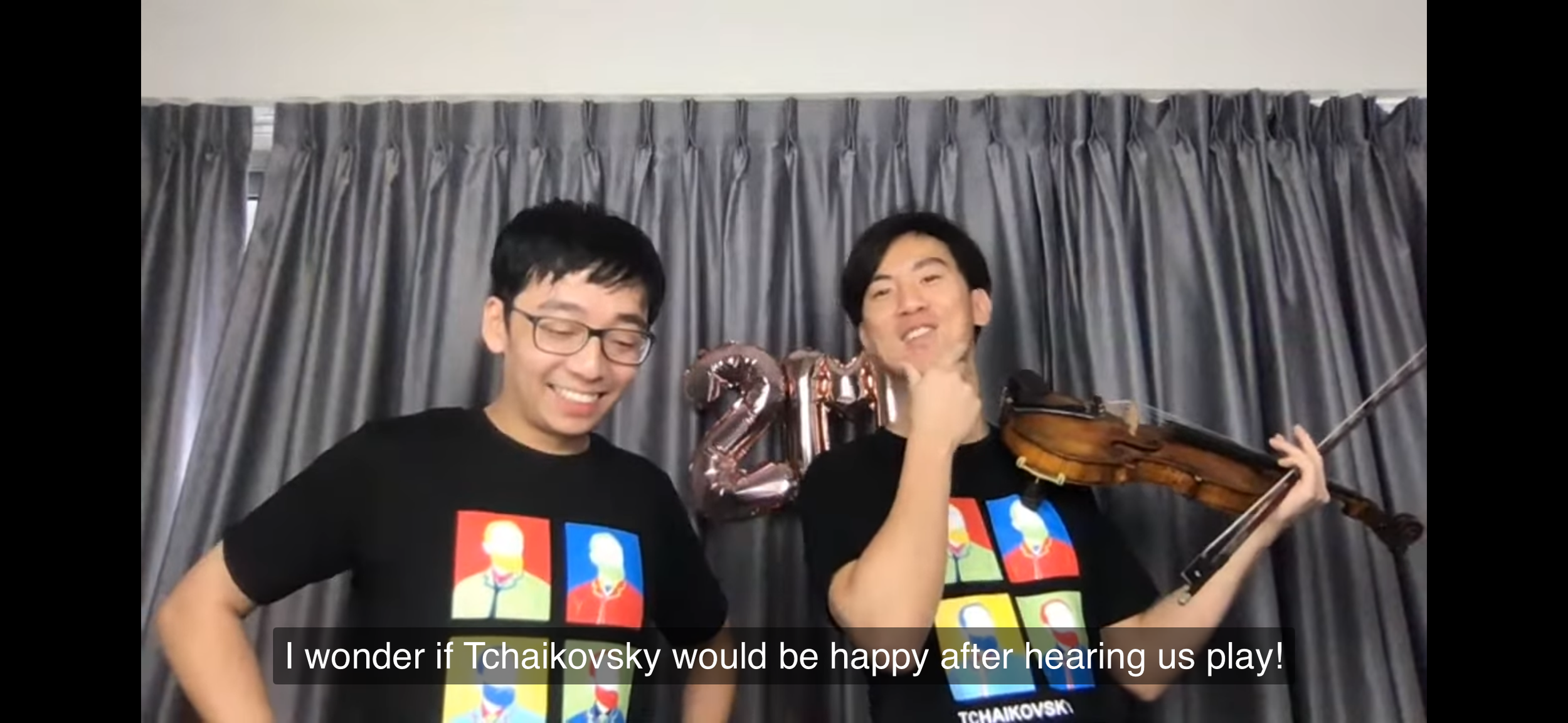
Pyotr Ilyich Tchaikovsky Just Went Live: TwoSet Violin and the Magic of Livestreamed Classical Performances
TwoSet Violin’s livestreamed Tchaikovsky and Sibelius concertos look nothing like a traditional recital—but their chaotic, global, hyper-interactive audience comes surprisingly close to how people once listened to classical music. Discover how YouTube, live chat, and 50,000 viewers revive a forgotten history of noisy, communal, joy-driven performance.

A Brief Introduction to the Wonderful World of Classical Saxophone
The saxophone isn’t just jazz and pop culture. In this guide, TWoA traces the instrument’s overlooked classical history—from concerti and quartets to the pioneering players shaping the repertoire today.

Gilles Rico, Stage Director: “I Consider Myself First and Foremost a Storyteller.”
What really shapes an opera—is it simply the music, or also the eye that decides how a performance should be seen? Stage director Gilles Rico sits down with TWoA to explain how ideas, images, and instincts give a production its spine. Read on.

The Secret World of Musical Spies
What kind of person makes a good spy? Four hundred and fifty years ago, Europe’s spymasters had an unexpected answer: musicians. In this TWoA feature, uncover how composers and court performers slipped across borders, carried coded messages, and became unlikely agents in a world of secrecy.

Happy World Ice-Cream Day: Rachmaninoff’s Cherry Malted Milk Float
Rachmaninoff, stern onstage and sweet-toothed in private, adored one thing above all: a cherry malted milk float. For World Ice-Cream Day, TWoA dives into the dessert that softened a musical giant—and why this fizzy American treat meant more to him than anyone knew.

Are Orchestras in Need of an Update?
Is the symphony orchestra a doomed relic, or simply overdue for reinvention? As UK institutions confront funding cuts and shrinking audiences, ensembles like Aurora Orchestra and Manchester Collective are rewriting the rules of performance. With young listeners engaging with classical music in record numbers, the future may lie not in preserving tradition but in reshaping it.